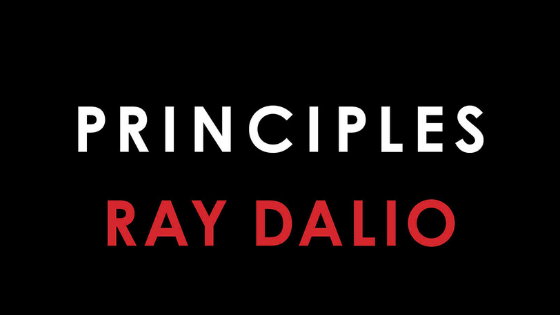
8.6 When considering compensation, provide both stability and opportunity.
Pay people enough so that they’re not under financial stress, but not so much that they become fat and happy. You want your people to be motivated to perform so they can realize their dreams. You don’t want people to accept a job for the security of making a lot more money—you want them to come for the opportunity to earn it through hard and creative work.
a. Pay for the person, not the job.
Look at what people in comparable jobs with comparable experience and credentials make, add some small premium over that, and build in bonuses or other incentives so they will be motivated to knock the cover off the ball. Never pay based on the job title alone.
b. Have performance metrics tied at least loosely to compensation.
While you will never fully capture all the aspects that make for a great work relationships in metrics, you should be able to establish many of them. Tying performance metrics to compensation will help crystallize your understanding of your deal with people, provide good ongoing feedback, and influence how the person behaves on an ongoing basis.
c. Pay north of fair.
By being generous or at least a little north of fair with others I have enhanced both our work and our relationships and most people have responded in kind. As a result, we have gained something even more special than money in the form of mutual caring, respect, and commitment.
d. Focus more on making the pie bigger than on exactly how to slice it so that you or anyone else gets the biggest piece.
The best negotiations are the ones with someone in which I say, “You should take more,” and they argue back, “No you should take more!” People who operate this way with each other make the relationship better and the pie bigger—and both benefit in the long run.
* Source: Principles by Ray Dalio
